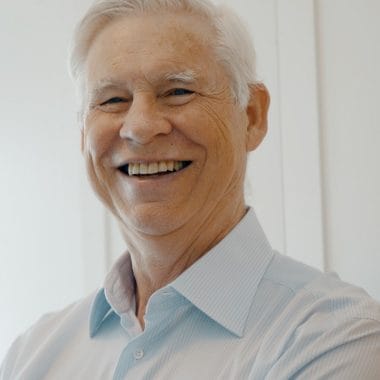The importance of a good work-life balance during and beyond COVID-19
A work-life balance is something many people struggle to achieve or even define in their own lives. With the onset of COVID-19 and the changes it brought to how and where we work, finding that balance may be more important than ever.






